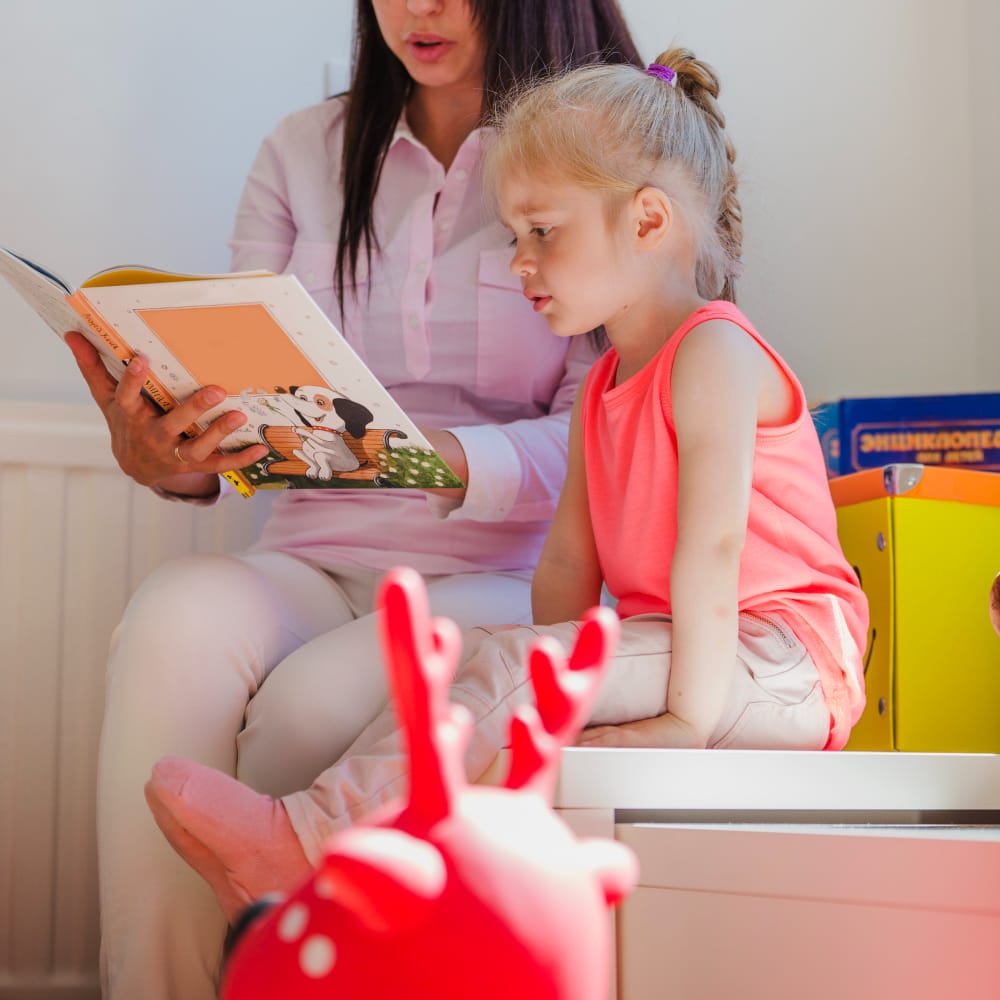Whether your child tunes out completely when you tell him to clean his room or he keeps throwing his toys around when you tell him to stop, getting your child to listen can sometimes feel like an uphill battle.
Children not listening is one of the most frequent parenting complaints, and often the most frustrating. Luckily, it’s a simple problem to fix. If you’re wondering how to get kids to listen, read on.
Why don’t kids listen?
Why do have to repeat something until you find yourself yelling in frustration? It’s simple: Kids of all ages have some sort of need for power. When they can’t exert their power in positive ways such as picking what game to play or what clothes to wear, they may at times exert power in negative ways.
Because kids have control over their bodies and language, often the most common power struggles happen when kids use their bodies and language to defy requests. By choosing not to listen, kids can assert their power. This behaviour is simply a way children express their need for more control and decision-making ability in their lives.
By implementing a few easy-to-learn positive parenting techniques, you can give your child power within your boundaries.
How to get kids to listen
- Get rid of distractions
Yelling instructions while your child watches TV or scrolls on his phone isn’t likely to be effective. Remove all distractions before trying to give directions. You can start with asking your child to put down his phone, switch off the TV or put a toy down. As soon as you have your child’s attention, you can give instructions. If your child struggles to put down his electronics or pause a show, you may need to work on that behaviour.
- Engage cooperation
Listening to someone giving orders can be frustrating. In fact, in many cases, it stimulates resistance. So try to keep your tone warm and try to offer choices to your child.
- Keep your body language in mind
Are your arms always folded? Do you talk loudly with your hands and arms up in the air? This can make you look angry and threatening. Always keep your body open and your gestures soft to show that you are approachable.
- Stay calm
When you get upset, your kid may go into fight or flight mode. In an effort to defend himself, your child becomes less effective at listening, and can even lose sight of our message. Always take a deep breath and try to stay calm. If your child doesn’t listen the first time, try to get rid of distractions anew and start the process again.
- Model active listening
Children learn most from observing. So, it is very important that you set the example. Practice active listening with your family. This involves putting your entire body in service and giving the person talking your full attention. Active listening requires us to hear more than mere words; it’s about hearing the meaning behind words.
Teaching your child to listen takes practice
The way you behave has a major influence on how your kids react. At times you may feel discouraged, but recognise that all behavioural changes take time. So, remember to be gentle with yourself!




